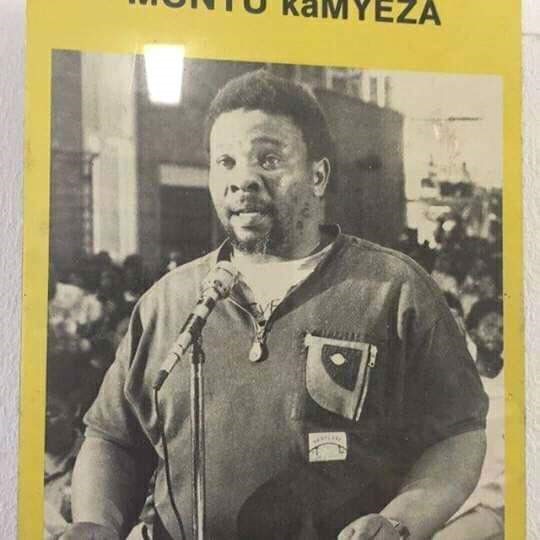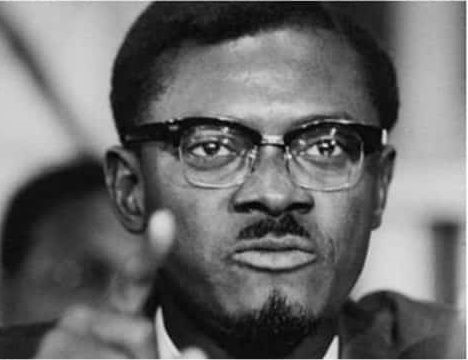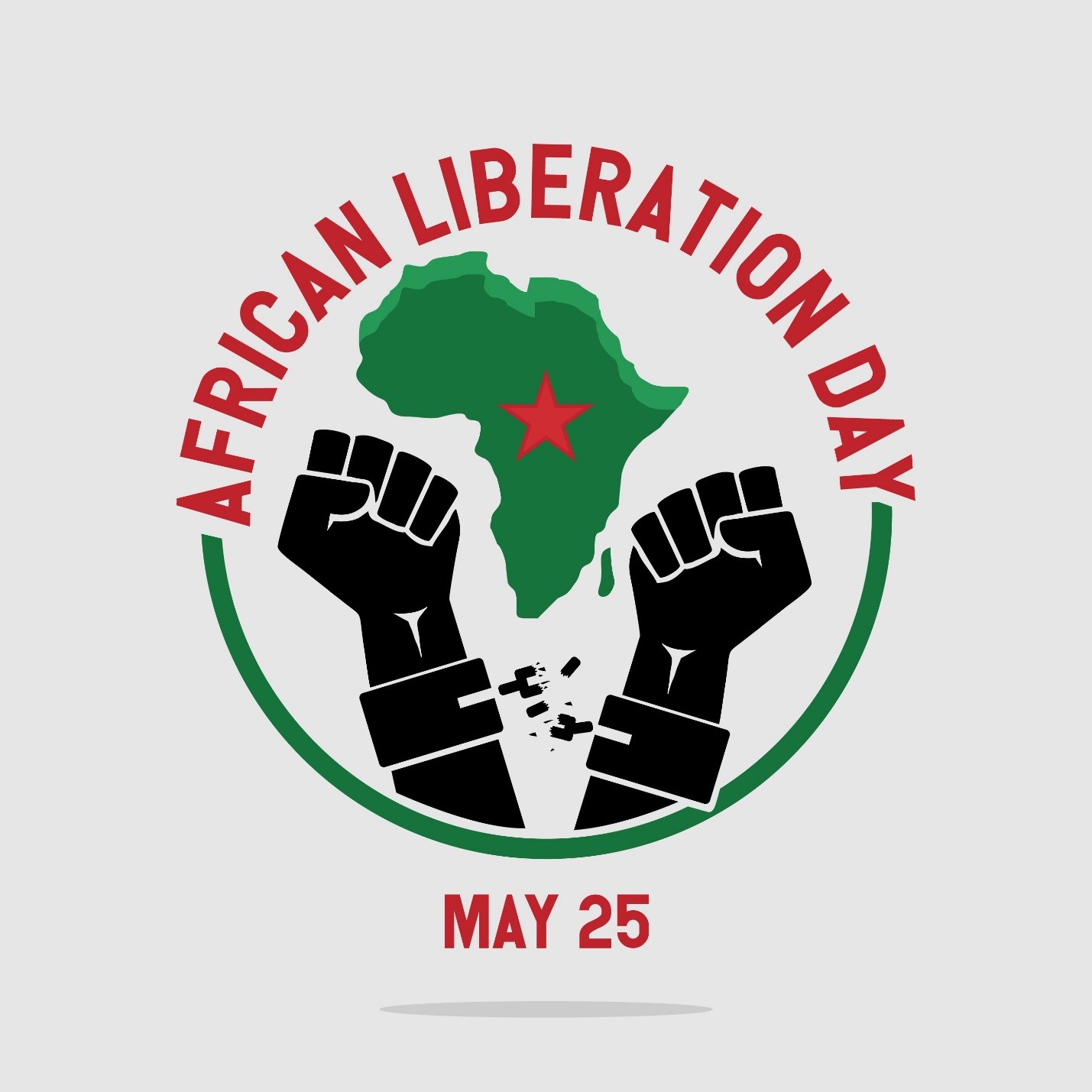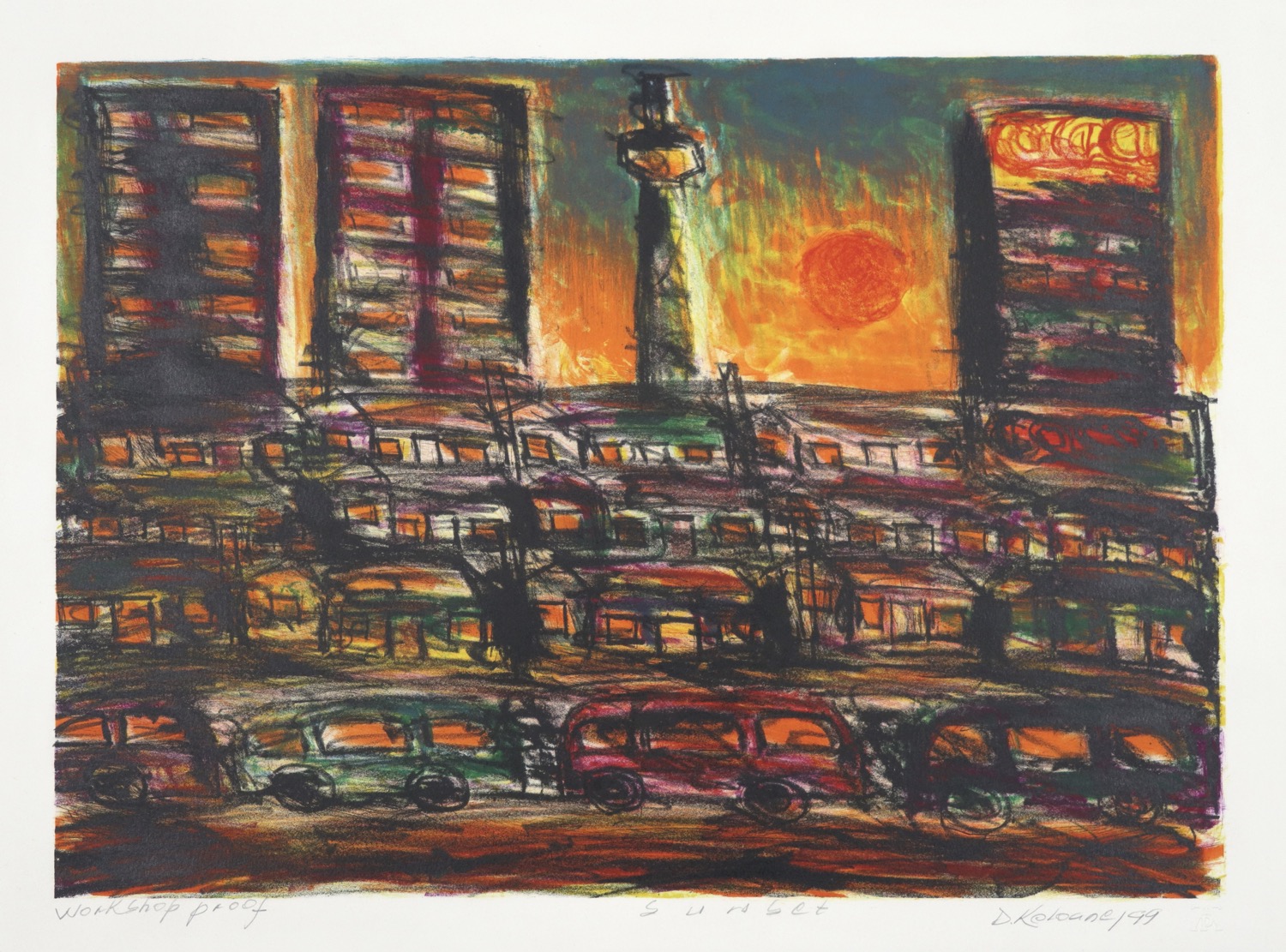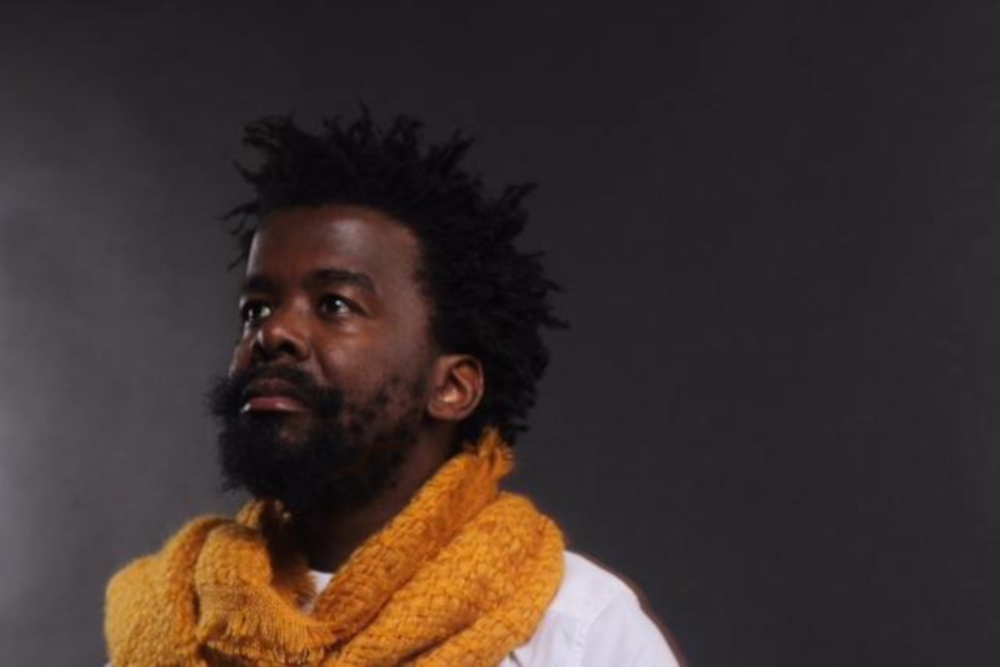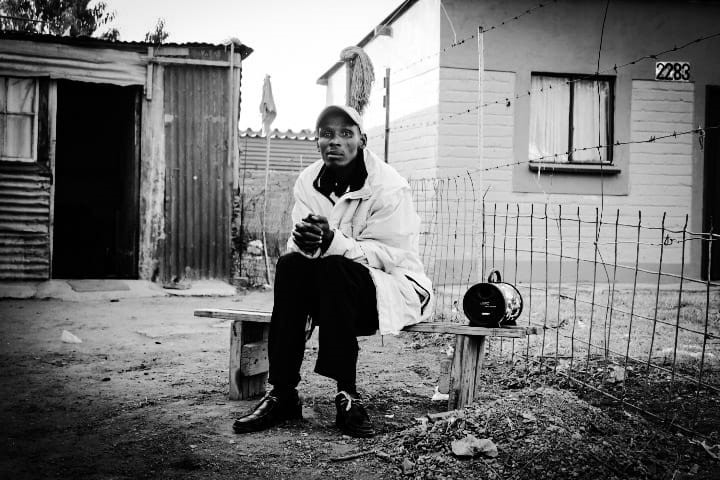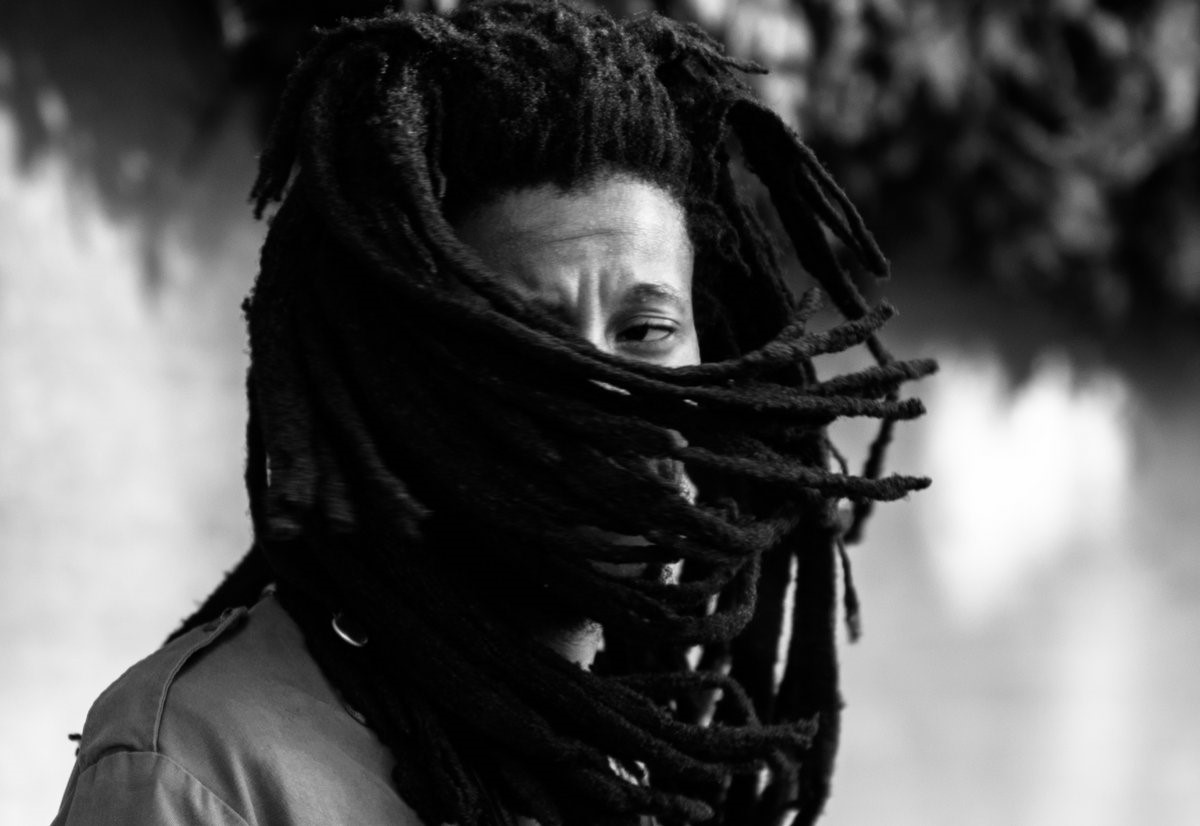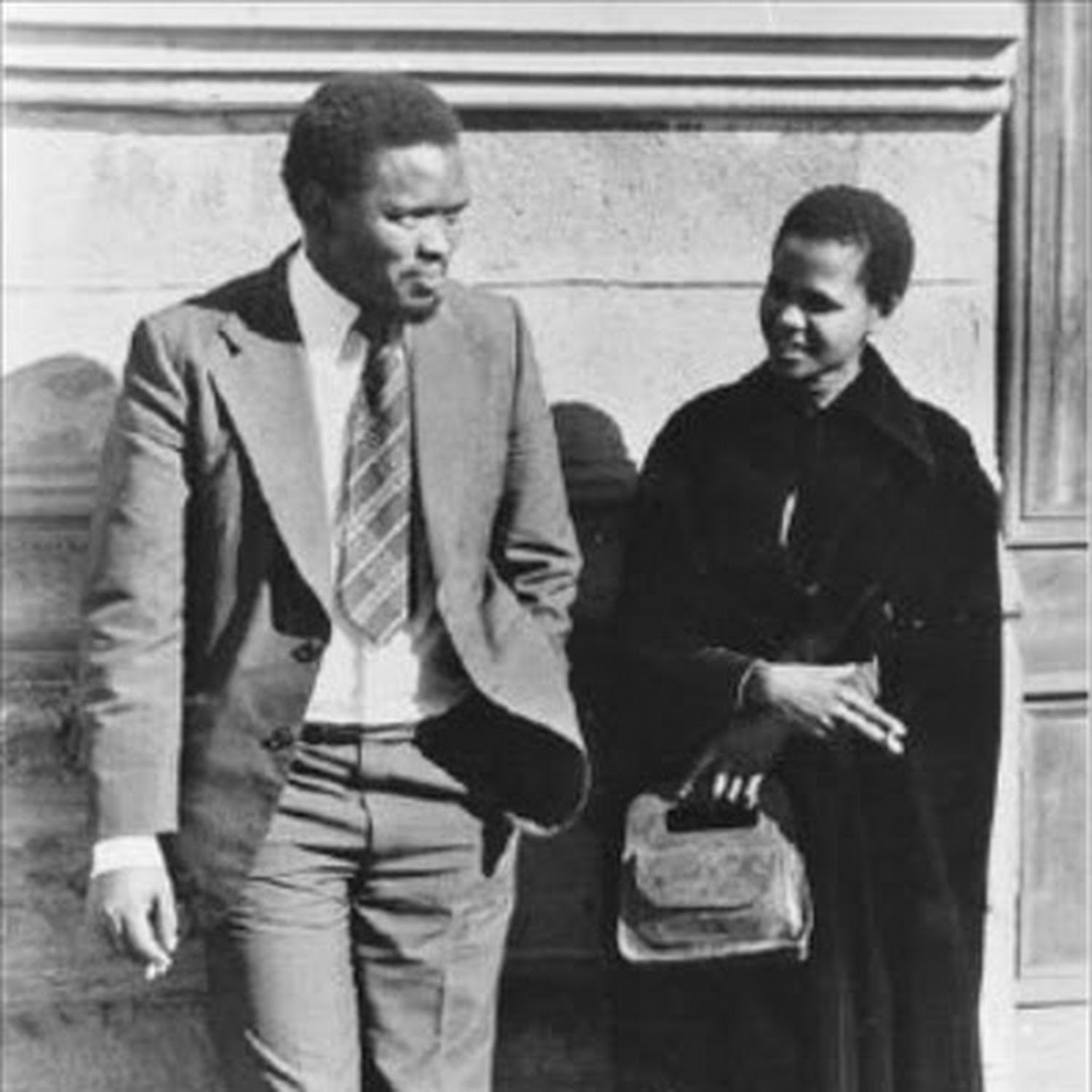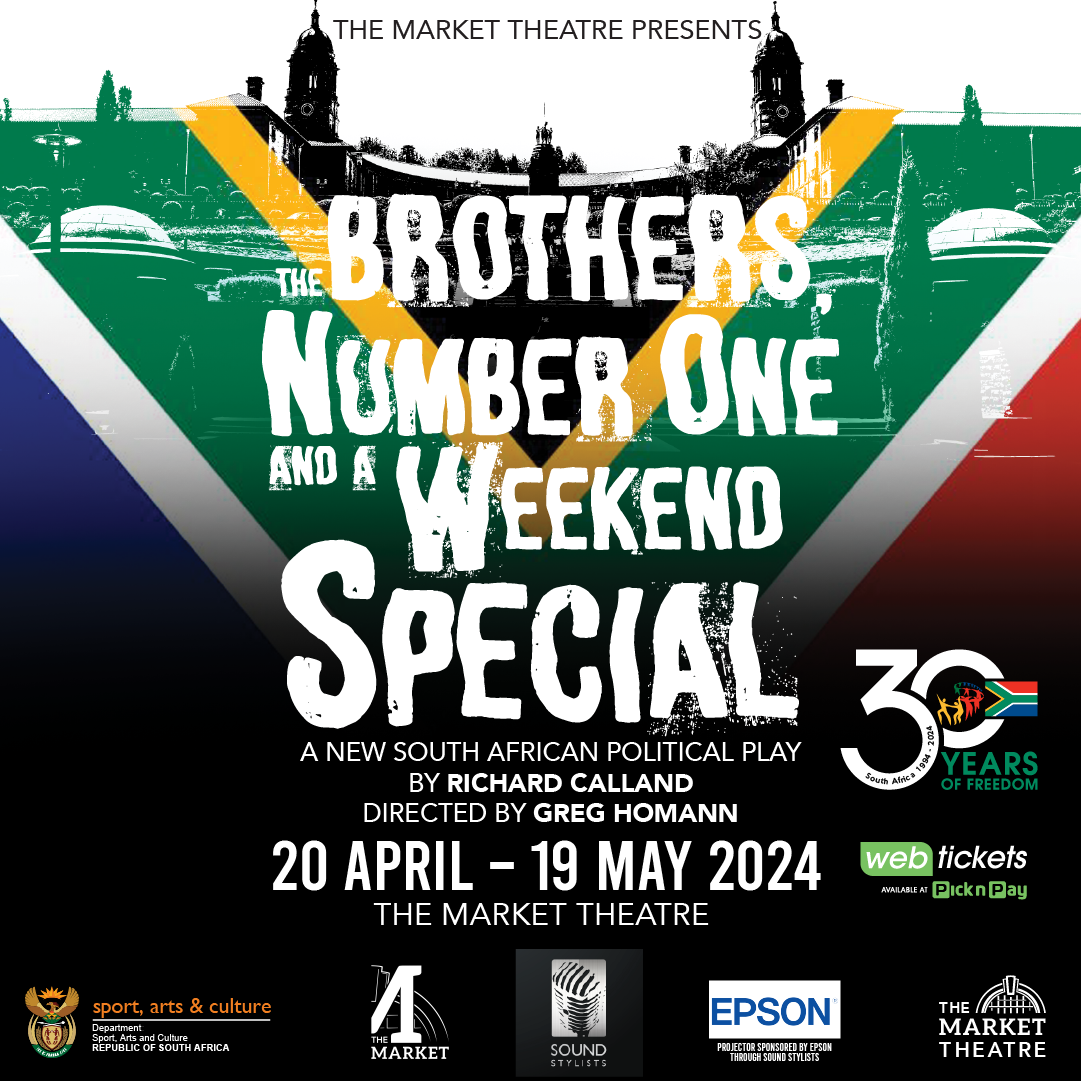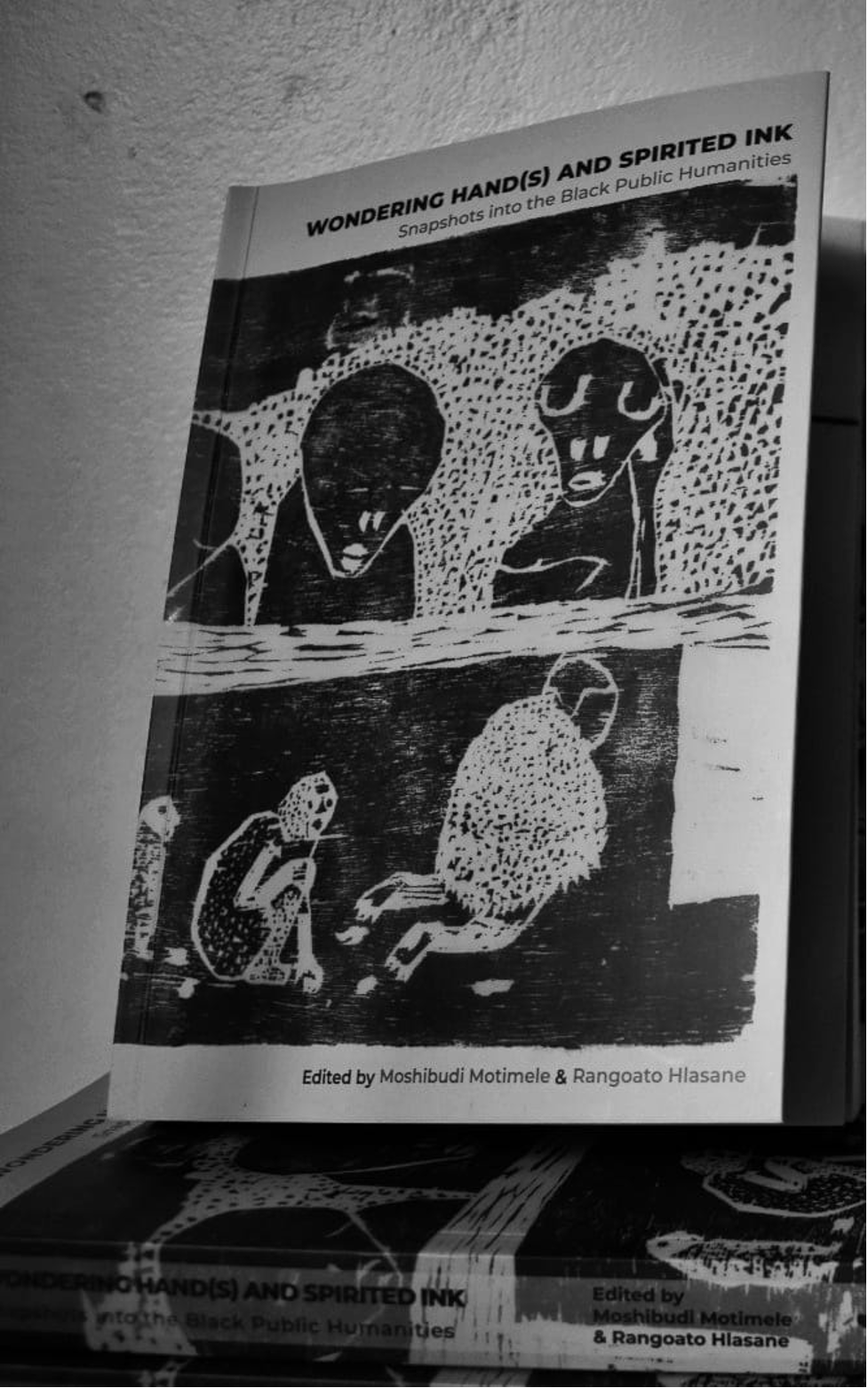The Historical Context of Memory
One of the greatest threats to any revolutionary project is the failure of those who claim to be involved in revolution, to deliberately remember and stay engaged in revolutionary activism.
It is through the deliberate and consistent act of remembering that we are able to guard against the distortion of historical memory, manufactured amnesia and deviations in the revolution.
But also, it is through the act of deliberate and consistent remembering that we are able to determine whether what we are involved in, in the present, is indeed revolution or reform.
The month of July marks a number of important anniversaries in the history of Black radical resistance in the European- criminal-colony referred to as South AfriKKKa and the world.
July this year marks the 23rd anniversary of the passing of one of the preeminent afrocentric scholars of our Race, Mwalimu John Henrik Clarke, on 16 July,1998.
July this year marks the 74th anniversary of the mysterious death of the leading Afrikan Nationalist theoretician and first president of the ANC Youth League, Mwalimu Muziwakhe Lembede, on 30th July, 1947.
July this year marks the 96th anniversary of the births of two of the most iconic figures in Black radical resistance, Mwalimu Patrice Emery Lumumba and Mwalimu Frantz Omar Fanon, on the 2nd and 20th July, in 1925.
The bond between Fanon and Lumumba is particularly extraordinary. They were born in the same year and month and died in the same year (1961).
Prior to their deaths, Fanon and Lumumba had forged a special bond of friendship in the heat of the revolution. Fanon was so disturbed by Lumumba's assassination that he wrote:
"The imperialists have decided to kill Lumumba. They did. They decided to form legions of volunteers. They are already in place...Let us never forget: it is our fate, to all, that is being played in Congo."
This is an extract from an article titled 'Lumumba's Death: Could We Do Otherwise?'. Fanon wrote this article in 1961, several weeks after Lumumba's assassination.
The full text appears in Fanon's 'Towards The African Revolution (1967)' and the 'Patrice Lumumba: Voices of Liberation' (2013) series by Leo Zeilig.
July also marks another significant anniversary - the 52nd anniversary of the official launch of the Black consciousness organisation, the South African Student Organisation(SASO), at the University of the North(now the University of Limpopo), on the 1st July, 1969.
Remembering The Gallant Muntu MyezaIt is in the context of these significant political anniversaries that we must locate the subject of this reflection: the 31st anniversary of the mysterious death of the Black Consciousness giant, Warrior Muntu Myeza.
While a student at the University of Zululand, at Ongoye, he joined the BCM through the South African Students’ Organisation or SASO (the first black consciousness organisation in South AfriKKKa).
Following in the gigantic footsteps of Bantu Biko, in 1974, at the tender age of 24, he was elected general secretary of SASO.
It was in this capacity that he helped conceive and execute the epoch-making Viva Frelimo Rallies in September 1974.
These rallies were part of SASO’s national political campaign to give impetus to the liberation efforts of Blacks in South AfriKKKa.
These rallies were also aimed at celebrating the defeat of Portuguese settler-colonialism by the people of Mozambique under the leadership of Samora Machel's FRELIMO. This act by SASO obviously annoyed the colonial apartheid regime.
As a consequence, the then (in) justice minister, Jimmy Kruger, banned the rally planned for 25 September 1974 - which was a futile act because the rallies had already been well publicised and scores of people turned up for them in Durban and Turfloop.
Following these rallies, the colonial apartheid police hunted the BPC/SASO leadership down and arrested and detained Muntu Myeza, Pandelani Nefolovhodwe, Zithulele Cindi, Saths Cooper, Terror Lekota, Aubrey Mokoape, Strini Moodley (the late), Nkwenkwe Nkomo, Kaborone Sedibe, Sadecque Variava, Reuben Hare, Solly Ismail and countless others.
Most of them were charged under the notorious Terrorism Act, while others were detained for long spells under the same hideous piece of legislation.
This trial became one the longest in South Africa's political history, dragging on through most of 1975 and all of 1976.
One of the memorable episodes during this trial was when Biko was called to give evidence on behalf of the accused.
Instead of giving a typical witness testimony, as would be expected by any court of law, with breath-taking clarity, calmness and effortless eloquence - he instead turned the whole trial into a lecture on the meaning of BC and the mission of the BCM.
It is this character of the trial that inspired some historians and writers to conclude that it was actually the BC philosophy that was on trial, and not so much the accused.
After the charges were dropped against some of the accused, nine remained, and so the trial that was, according to apartheid laws, known as the State vs Saths Cooper and others, became known as the BPC-SASO Nine Trial.
All the nine accused - Muntu Myeza, Pandelani Nefolovhodwe, Zithulele Cindi, Saths Cooper, Terror Lekota, Aubrey Mokoape, Strini Moodley (the late), Nkwenkwe Nkomo and Kaborone Sedibe - were found guilty and later sentenced to serve various prison terms on Robben Island.
While on Robben Island, some of the accused, like Terror Lekota, decided to desert the BCM and join other organisations.
This naturally upset the rest of his comrades (at the time) and not surprisingly, Muntu was one of those who didn’t hide his displeasure at what he considered to be an act of betrayal.
Despite this and the incessant attempts by some of the older prisoners (from the other components of the liberation movement), who were intent on luring them way from the BCM, Muntu and the rest of the BC leadership remained obstinately committed to the BCM.
At the time of his release from Robben Island, in December 1982, both SASO and the Black People's Convention (BPC) were still banned organisations so like his comrades who had been released earlier, Muntu logically continued his activism under the auspices of the new BC organisation, the Azanian People’s Organisation (AZAPO).
AZAPO was formed on 30th April, 1978 and led by among others by Tiyani Lybon Mabasa, Ishmael Mkhabela, Saths Cooper, Nkosi Molala, Pandelani Nefolovhodwe, Itumeleng Mosala, Mosibudi Mangena.
Just like its predecessor BC organisations, the AZAPO leadership (and that of its formations such as AZASM and AZAYO) had to contend with the reality of unrelenting police harassment, detention without trial and even death.
Just as with SASO, Muntu served AZAPO in a number of capacities. As publicity secretary, not only was he meticulous in his use of words, but he also showed incredible depth of analysis and clarity of thought.
So committed to the cause of revolution was Muntu that he believed that, if needs be, one had to defend it with one’s own life.
For this reason, he didn’t wince when AZAPO instructed him to serve as secretary for defence - a position he held with distinction until his untimely passing in 1990.
This perhaps explains why he is acknowledged by those who worked with him as one of those who, under the most hostile conditions, defended the names AZAPO and Bantu Biko with his bare hands.
Muntu was a freedom fighter in word and deed. A tireless defender of Black dignity. A remarkable human being, who dedicated every ounce of his being to the cause of human freedom.
Myeza The Fearles and Radical ThinkerI have previously made the point that, one of the greatest legacies of Bantu Biko's Black Consciousness Movement (BCM), was in its ability to empower Black people to engage in independent and complex philosophical reflection, on their condition, as an oppressed people.
One of the moments that endeared me to Myeza was his reflections on the May, 1987, whites-only general election in South AfriKKKa.
Some of the white parties participating in this election campaigned around the question: how best to solve the 'black problem?'
In reaction, a few days before this election, Myeza, wrote a profoundly penetrating and deeply thoughtful critique of this election.
Myeza's critique was published on the 4th of May 1987 by the Sowetan newspaper, under the heading 'Force White Voters Ignore'.
As I understand it, his critique sought not only to expose the uselessness of this election to Black people, but also the dangerously deceptive role of white liberal organisations in 'mainstream' South AfriKKKan politics.
Most importantly, Myeza also dedicated a lot of time in his critique to articulating the alternative for Black people. It is his articulation of the alternative that gave birth to his now famous 'Change' thesis.
This thesis formed part of the literature pack for political education classes, during my AZASM days.
One of the important lessons that Myeza's critique reinforces (at least for me), is the importance of constant, critical and independent reflection by Black people in South AfriKKKa (and everywhere else they find themselves), on various existential questions.
This is constant, critical and independent reflection about Black existential reality is glaringly absent in the practice of today's mainstream 'Black' political parties (including those that define themselves as 'liberation movements').
This lack is not just palpable in the policy documents of these parties, but also in the public political commentary that some of their more prominent leaders occasionally deliver.
It is this acute lack of penetrating political critique that often leads me to wonder whether today's 'Black' political parties still conduct political education classes for their members or whether they are suffering from a crisis of imagination?
Below are extracts from Myeza's 1987 critique of the all-white elections.
On The Election
- "The white left take refuge behind the skirts of certain Black organisations that parade themselves under an escapist and illusionary form of multiracialism known as non-racialism"
- "It may calm the liberal conscience to fool around in Parliament, enjoying the thrust and parry of politics, but with us Black people it is a matter of life and death. Black people have little patience with liberals of whatever shade who dabble in politics for the sake of catching a piece of the action."
On The Force of Change
-"The real force of change doesn’t lie in the serene corridors of the Cape Town parliament, nor does it lie on the pavements of the Pretoria 'Hoofstad'. The force of change is not to be found in the sleek cocktail parties, the comfort of suburbia or in endless seminars and symposia arranged in the high-rise rarefied atmosphere of the so called ‘island of peace’ syndicates. Change lies in the streets of the ghettos prowled by ugly monsters. It lies in the hungry stomachs of workers who have nowhere to turn to. Change lies in the hearts and minds of children who learnt too many things too soon. Change lies in the anguish and torment of families torn apart by jail and migratory labour. That is the force of change that the white election ignore. That is the force that is so potent, so misunderstood and yet so tenacious and potent. It is this force that is equally unstoppable which the whites ignore at their peril. This force is Black people."
Through this tribute, it is my hope that the younger Black activists of today (both within and outside the BC tradition), will be inspired by the thought and work of people like Muntu Myeza.
And in addition to being inspired, that they will use his body of work to uphold and advance the culture of radical and independent black thought and practice.
This culture is critical to the maintenance of the authenticity of the Black Power project, in the context of today.
To pay tribute to Baba Muntu Myeza, on Friday, 2 July 2021, Arise Black Child and Mutapa, will host a memorial lecture at 18:00.
The Myeza lecture will be streamed via Facebook platforms: Vuyisile Mshudulu, Sandile Prince Msibi, Sompisi Godide Mphemba, Arise Black Child and Mutapa or Zoom as follows:
https://us02web.zoom.us/j/82152010676?pwd=TkM4Q0hZWjdlSlRmUUJMM2hUV0Jzdz09
Meeting ID: 821 5201 0676
Passcode: 648507

